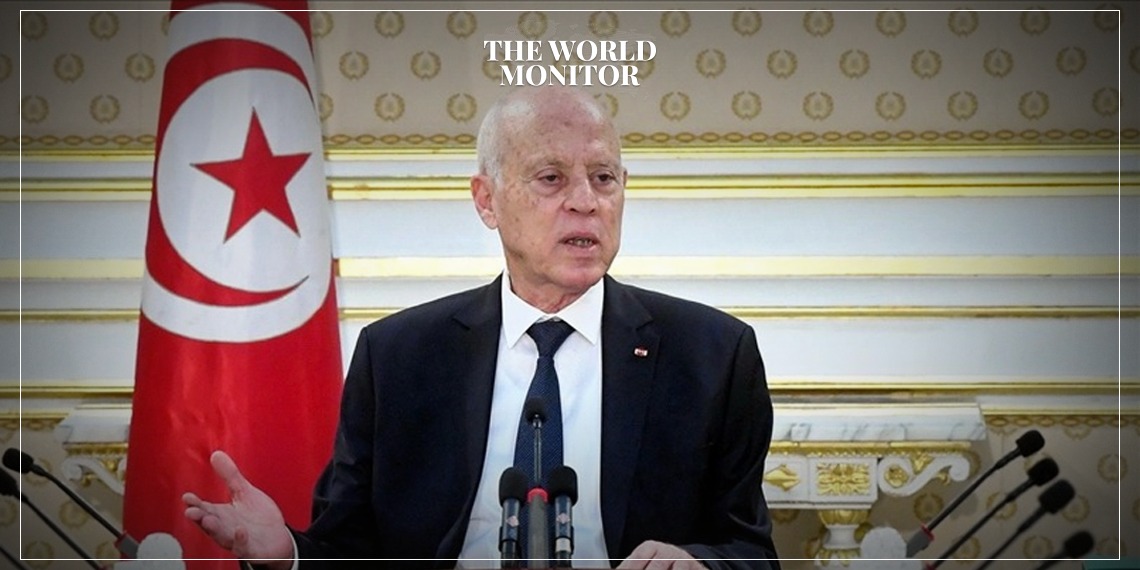Tunisian President Kais Saied vehemently rebuffed the recent financial and anti-illegal migration support announced by the European Union (EU).
The president emphasized Tunisia’s inclination towards cooperative endeavors but expressed a clear dismissal of what he portrayed as a form of benevolence or charity.
The agreement, sealed in July, encompassed substantial aid, mounting up to a billion Euros, intended to revitalize Tunisia’s beleaguered economy, salvage the country’s public finance, and rigorously address the migration crisis.
The president’s sentiments were conveyed during a reception with Foreign Minister Nabil Ammar, and the clear message was that Tunisians “do not want sympathy and do not accept it if it’s without respect.”
On the preceding Friday, the European Commission had announced a support package valued at EUR 127 million ($135 million) for Tunisia, apportioning EUR 60 million towards the state’s budget and a further aid package of approximately EUR 67 million aimed at combating illegal migration, within the framework of an agreement with the EU.
The Commission’s statement declared: “The EU and Tunisia are committed to swiftly implementing the memorandum of understanding, prioritizing actions in the field of migration and cooperation to eliminate smuggling networks, assist in building the capacities of Tunisian law enforcement authorities, as well as support voluntary return and reintegration of migrants into their countries of origin, in full compliance with international law.”
However, according to the presidential statement, Saied elucidated that the rejection comes not from asceticism of the amount; as all the treasures of the world do not equal a single atom of our people’s sovereignty.
It’s because this proposal conflicts with the memorandum of understanding signed in Tunisia and the spirit that prevailed during the Rome conference last July, which was convened under a Tunisian-Italian initiative.
This development highlights a delicate balancing act on the international stage, where nations seek to navigate the turbulent waters of maintaining sovereign dignity while grappling with significant domestic challenges.
Tunisia’s outright refusal sends a poignant message about the perceived dichotomy between international assistance and national self-worth, evoking reflections on the dynamics and protocols of global aid and cooperation.






